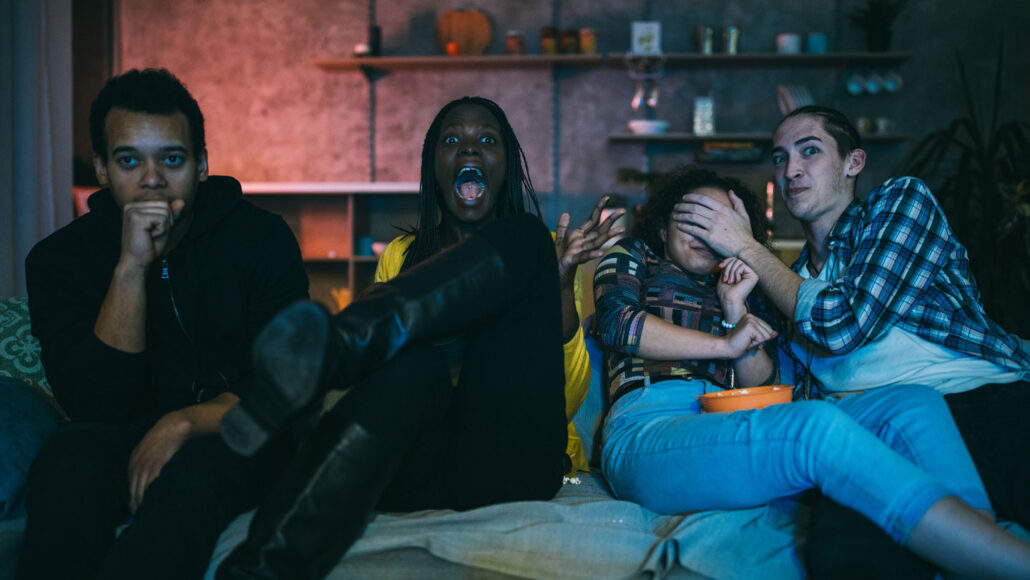Questions for ‘What’s the fun in fear? Science explores the appeal of scary movies’

October is prime time for watching scary movies with friends. But researchers are still trying to understand why it’s so fun to watch a film designed to freak you out.
miodrag ignjatovic/Getty Images